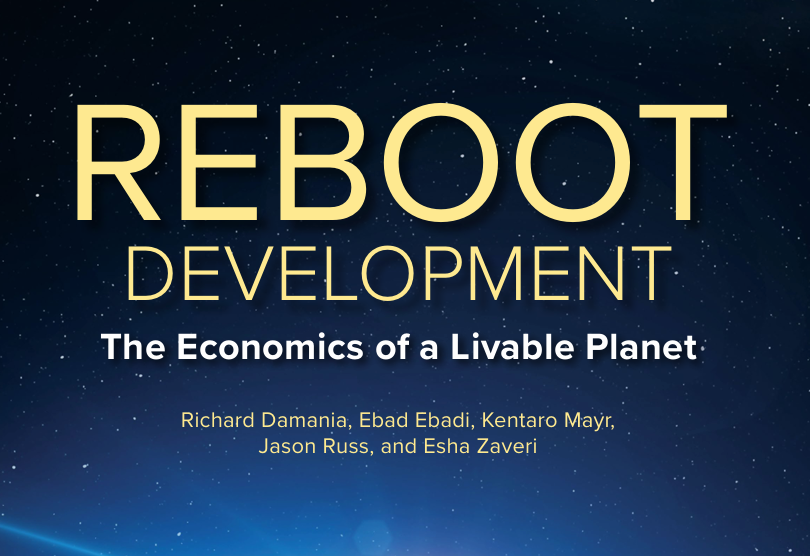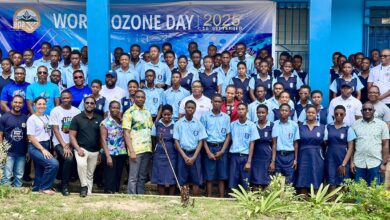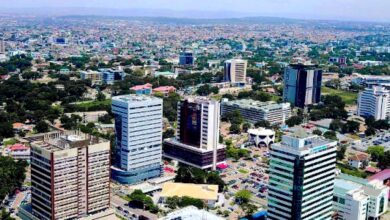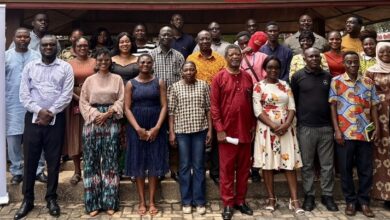World Bank Warns Against Short-Term Fixes, Calls for Systemic Approach to Environmental Policy

A new World Bank Group report titled Reboot Development: The Economics of a Livable Planet has warned that development efforts will continue to stumble if countries focus on fixing symptoms of environmental problems rather than addressing systemic causes.
Authored by Richard Damania, Ebad Ebadi, Kentaro Mayr, Jason Russ, and Esha Zaveri, the report argues that successful policy must recognize the interconnections between land, water, air, and people. Isolated interventions, it cautions, often backfire.

The report outlines a three-pronged policy strategy that countries should adopt.
First, inform: harnessing real-time data such as air pollution monitors and satellite imagery to target problems, empower citizens, and improve accountability.
Second, enable: aligning policies across sectors to avoid unintended consequences, ensuring that reforms complement rather than contradict each other.
Third, evaluate: regularly reviewing the impact of interventions to adapt policies to new realities and scale up what works.
“The wealth of nature is a source of prosperity,” the report notes, stressing that protecting ecosystems is not just an environmental matter but a driver of economic resilience, jobs, and productivity.

Why It Matters for Ghana
The lessons resonate strongly in Ghana, where fragmented approaches to environmental management have left lasting scars. Successive crackdowns on illegal mining, or galamsey, for example, have often focused on policing activities without addressing deeper systemic issues such as alternative livelihoods, weak enforcement structures, and community-level incentives. As a result, water bodies remain polluted, cocoa farms are under threat, and public health risks persist.
Ghana’s urban centers also reflect this challenge. Air pollution from traffic congestion and industrial emissions continues to rise, but policy responses have largely been piecemeal, with little coordination between transport, urban planning, and health agencies.
Experts warn that Ghana’s push to attract investment through industrialization and the 24-hour economy agenda could falter if the country does not embed sustainability into its plans. Protecting forests, improving water management, and reducing carbon emissions are not just environmental duties but critical conditions for securing jobs, exports, and long-term growth.
By adopting the systems approach outlined in the World Bank’s report, Ghana could shift from firefighting environmental crises to building resilient industries that thrive within ecological limits. The path forward, analysts say, is to integrate real-time data, coordinated policies, and regular evaluation into every aspect of economic planning.




